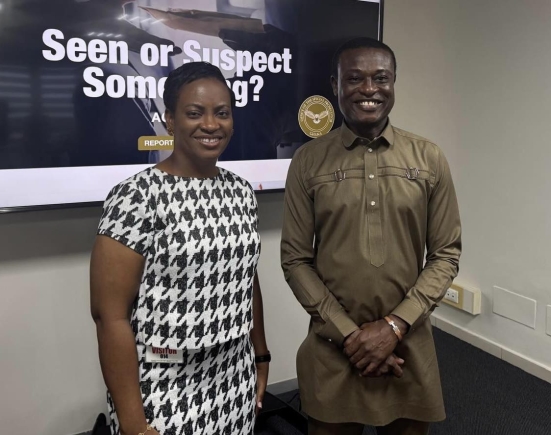The Special Prosecutor, Kissi Agyebeng has made a passionate appeal for Ghana to abandon imported anti-corruption strategies in favour of homegrown solutions that speak directly to the country’s cultural and institutional realities.
Addressing stakeholders at the West Africa Regional Anti-Corruption Policy Dialogue held at the Alisa Hotel in Accra, Mr Agyebeng criticized the continued reliance on what he termed "foreign theoretical models" that often fail to resonate with the day-to-day experiences of ordinary Ghanaians.
He further warned that as corrupt practices become more sophisticated, static and theoretical approaches would continue to prove ineffective.
Mr Agyebeng proposed a “re-conceptualisation” of the anti-corruption effort — one that is functionally aligned with essential sectors such as education, health, and infrastructure.
He explained that grounding anti-corruption goals in tangible national development priorities could ensure resources are channelled to the people who need them most.
As part of efforts to institutionalise this vision, he said the Office of the Special Prosecutor (OSP) has submitted a formal memorandum to the Constitutional Review Committee.
The submission includes a proposal for the introduction of a specific chapter in Ghana’s constitution that defines and addresses corruption in clearer terms.
According to the Special Prosecutor, the current discourse on corruption in Ghana lacks precision. “Many still view corruption merely as bad behaviour. But we must go further to identify the underlying values we seek to protect,” he said.
He argued that a dedicated constitutional commitment to anti-corruption would reflect the nation’s moral compass and societal will — giving stronger legal and ethical grounding to the campaign.
The policy dialogue drew participants from across West Africa, including civil society leaders, regional anti-corruption bodies, and policymakers, all focused on building more effective and locally relevant strategies to fight corruption across the sub-region.

